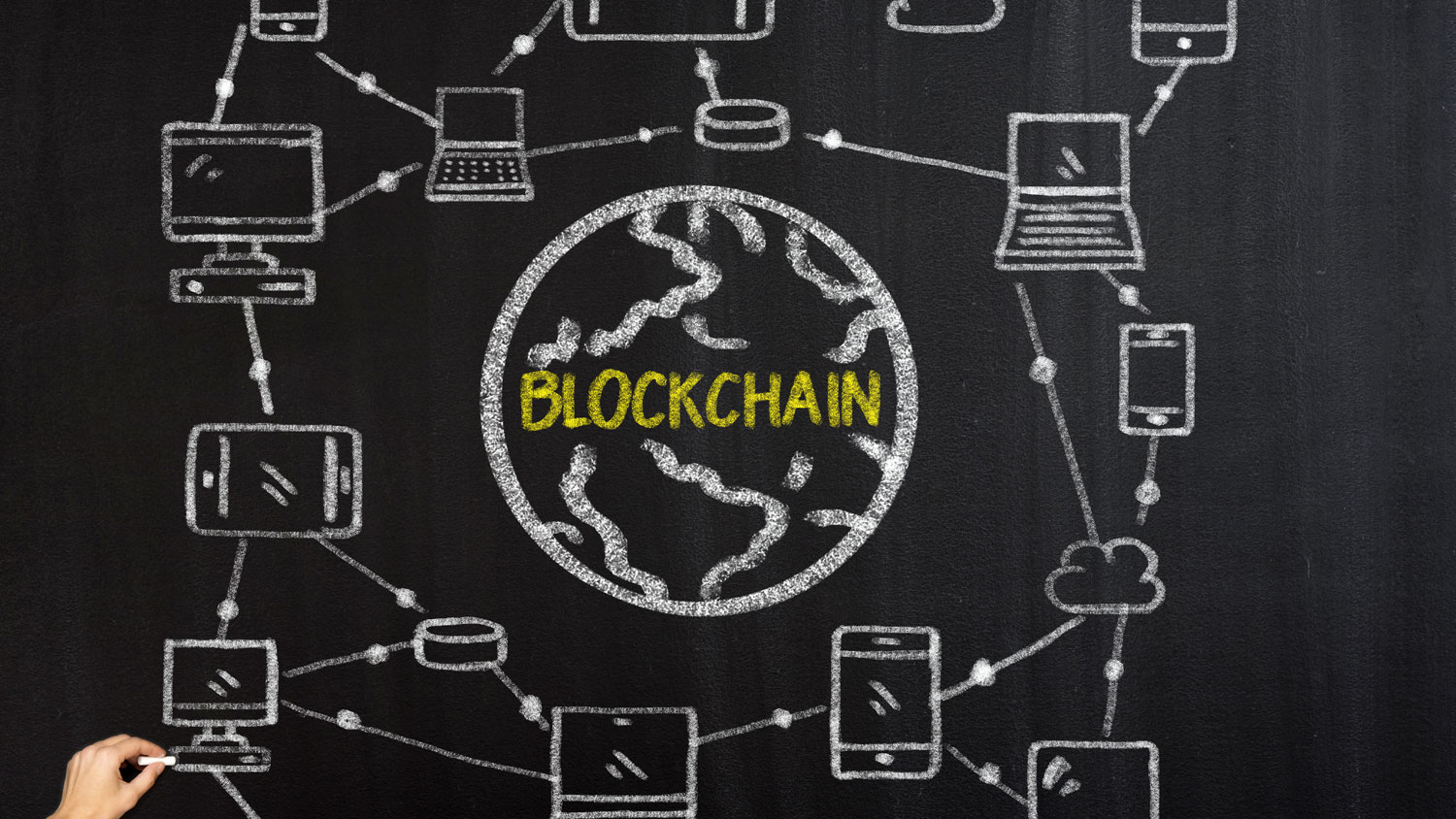Unblocking the Blockchain: 3 Things You Need to Know
Mon, 06/25/2018 - 12:00
Don’t be the clueless kid on the block.
Arguably last year’s buzziest buzzword, blockchain is dominating the conversation across the tech landscape. Whether it’s in relation to Bitcoin and other cryptocurrencies, wide-ranging use cases beyond financial technology, or hearing the term thrown around loosely at a tech conference, nearly everyone has heard about the blockchain protocol by now.
Yet many still scratch their heads over what blockchain is, much less its long-term potential to transform the way businesses and governments operate.
For Southeast Asian startups, the opportunities afforded by blockchain are breathtaking. Why? Much of the blockchain ecosystem is still underdeveloped, thus providing massive potential for early adopting startups to develop applications for a technology that will usher us in from an “Internet of Information” to an “Internet of Value”.
Here are the ABCs:
1. Skinny on the Block: What exactly is it?
Blockchain, as its name suggests, is literally a chain of blocks in cyberspace. Every time a transaction occurs, a block is created with time-stamped, uncensored information that is verified by the entire blockchain network. The new block is sealed and added to the chain, where it can no longer be further modified.
In the case of transferring money through the blockchain, the moment Person A sends a thousand dollars to Person B, the value moves from the former to the latter—with the entire open source blockchain network serving as witness to the transaction.
Don Tapscott, co-author of The Blockchain Revolution, defines blockchain simply as “an incorruptible digital ledger of economic transactions that can be programmed to record not only financial transactions, but virtually everything of value.”
What this implies is that the potential of blockchain goes beyond the use case it has been associated with: Bitcoin and other digital currencies.
2. Immutability: Blockchain brings transparency back
An encrypted and protected database of agreements, pretty much anything that has value—from property titles and government contracts, to dollars and diamonds and diplomas—may be transacted on the block.
In an increasingly distrustful and polarised world, blockchain’s transparency and immutability is what makes it truly revolutionary. Once a deal is made, neither party has the power to manipulate the terms.
According to this Inc. article, the long-term, 25-year view of this technology, if implemented effectively, has the ability to provide cornerstone solutions to mankind’s most foundational problems. Leveraging on widely-scaled blockchain systems could eradicate fraud, automate manual processes, and control for issues of authentication and trust.
3. Decentralisation: No single authority controls the transactions
Many deals happening in the global economy today depend largely on centralised systems and intermediary parties. It is a slow process that is prone to biases, resulting in red tape, unjust pricing, and in some cases, fraudulent behaviour.
Decentralisation, a core aspect of blockchain technology, implies that no transaction within the blockchain can be lost or manipulated; no data can be located in a single location. As blockchain allows for critical information to be stored across a massive network of computers, it effectively becomes a tamper-proof database. Changes made on the blockchain affects the entire network.
According to this Inc. article, the implications of this technology include the transformation of legal documents. If legal documents such as passports, birth certificates, and land titles were to be managed on the blockchain, there would no longer be a need for people to carry the traditional paper documents. Digital documents may be accessed using a key that is unique to every individual. This eliminates the need to carry, and risk of losing passports during travel.
Blockchain technology is also designed to do away with expensive, error-prone middlemen by replacing them with algorithms can run without human intervention. The result? A cleaner marketplace that operates more efficiently than conventional models of organisation.
Blockchain is one of SGInnovate’s focus areas under our Deep Tech Nexus strategy. We have recently just invested in AID:Tech. Find out more about them and our other investments here.
This article was originally published here and reproduced with permission.
Trending Posts
- From satellites to startups, Singapore’s space sector is pushing new frontiers
- How leaders should rethink cybersecurity strategy
- How to Future-Proof a Career in Deep Tech? Start here.
- The future of fusion energy: What will it take to bring the power of the stars to earth?
- Keeping satellites safe: How CYSAT Asia 2026 is tackling space cybersecurity






